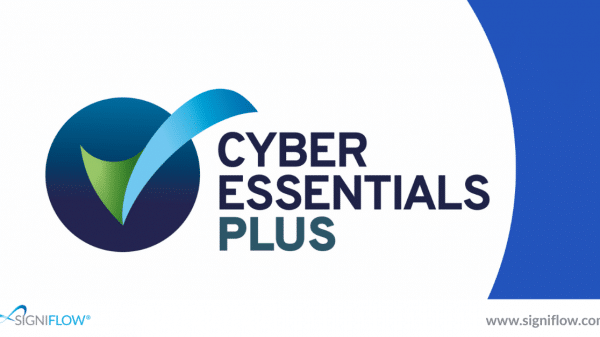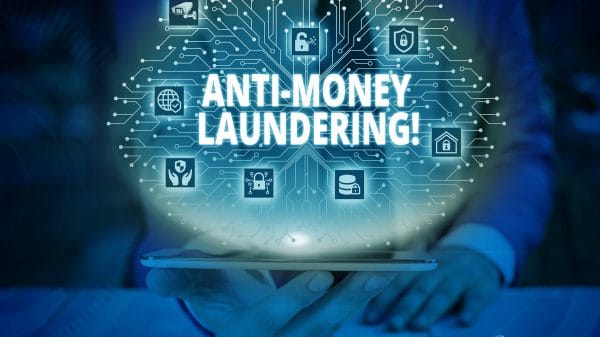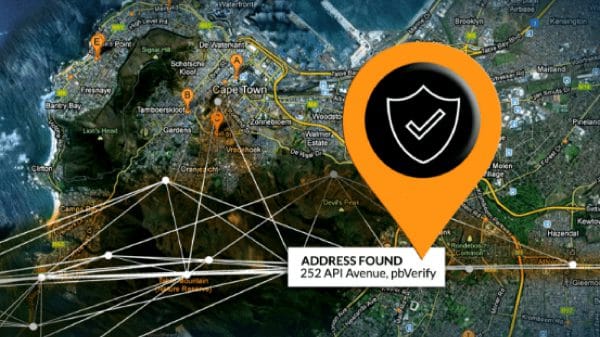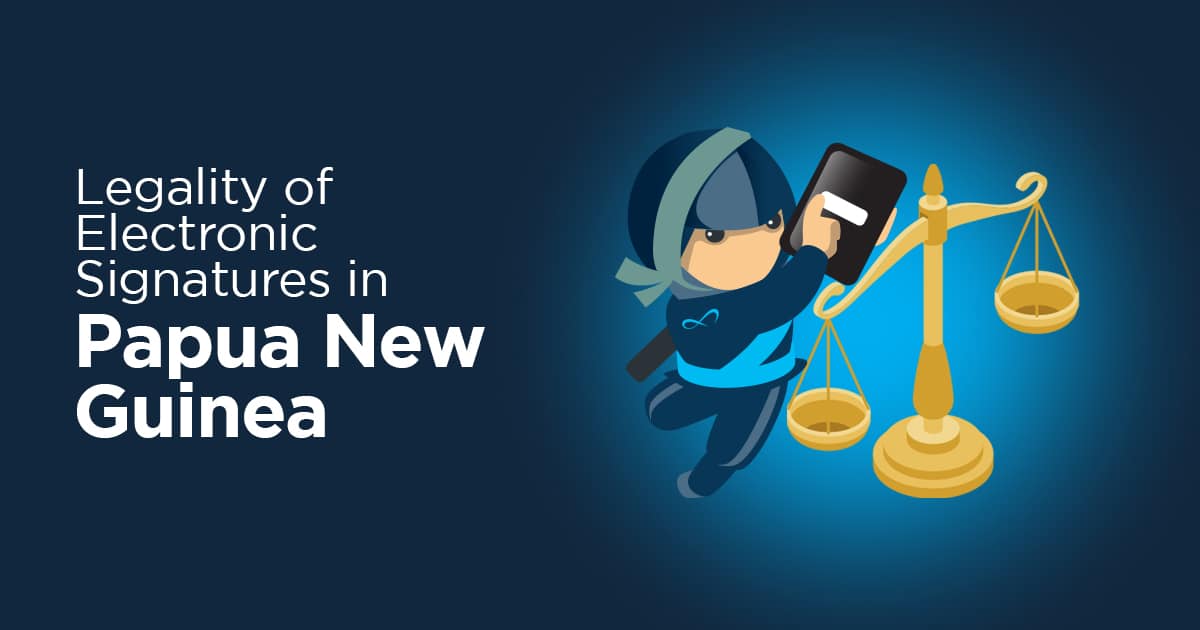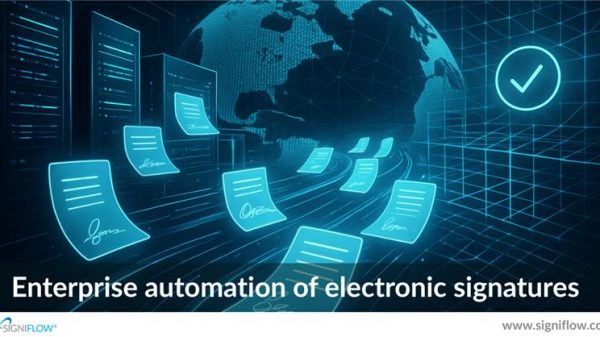The Legality of Electronic Signatures in Papua New Guinea is a well-established concept, as outlined in the country’s Electronic Transactions Act of 2021. The Legality of Electronic Signatures in Papua New Guinea ensures that businesses and individuals can engage in secure, legally binding digital transactions. By recognizing the Legality of Electronic Signatures in Papua New Guinea, the government has created a solid framework that encourages the growth of e-commerce and other digital services. The Legality of Electronic Signatures in Papua New Guinea promotes innovation while safeguarding the integrity of electronic communications.
Framework Supporting the Legality of Electronic Signatures in Papua New Guinea
The Legality of Electronic Signatures in Papua New Guinea is supported by specific sections of the Electronic Transactions Act. According to Section 25(1), an electronic signature is legally valid and satisfies signature requirements for electronic records or data messages. This explicit recognition in the law underscores the Legality of Electronic Signatures in Papua New Guinea, providing confidence to individuals and businesses that digital signatures are as legally effective as traditional ones.
Requirements for Reliable Electronic Signatures
For the Legality of Electronic Signatures in Papua New Guinea to be valid, electronic signatures must meet certain reliability criteria outlined in Section 25(4) of the Act. These criteria include ensuring that the signature is uniquely linked to the signatory, under the sole control of the signatory, and can detect any alterations made after signing. The Legality of Electronic Signatures in Papua New Guinea thus requires strict measures to maintain document integrity and protect signatory identities.
Exclusions Under the Legality of Electronic Signatures in Papua New Guinea
Despite the legality of electronic signatures in Papua New Guinea, there are certain exceptions to electronic signatures’ being able to be used. Section 5 of the Act specifies these exceptions, which include transactions on regulated exchanges, foreign exchange agreements, and inter-bank payment systems. Additionally, private law matters like marriage, wills, and documents that require notarization are excluded. These exceptions ensure that the Legality of Electronic Signatures in Papua New Guinea is appropriately applied without compromising the legal needs of sensitive transactions.
Equal Treatment and Foreign Recognition
The Legality of Electronic Signatures in Papua New Guinea also ensures equal treatment of signature technologies, as provided in Section 24. This means that all methods of creating electronic signatures are treated equally, as long as they meet the Act’s requirements. Furthermore, the Legality of Electronic Signatures in Papua New Guinea extends to foreign electronic signatures and trust services. Section 27 states that electronic signatures created outside Papua New Guinea are recognized with the same legal effect as those created domestically, further reinforcing the global connectivity and trust in the Legality of Electronic Signatures in Papua New Guinea.
Conclusion
The Legality of Electronic Signatures in Papua New Guinea provides a comprehensive and reliable framework that supports digital transactions while ensuring the security and integrity of electronic communications. By defining clear requirements and recognizing foreign signatures, the Legality of Electronic Signatures in Papua New Guinea fosters a progressive and secure digital environment for businesses and individuals alike.

